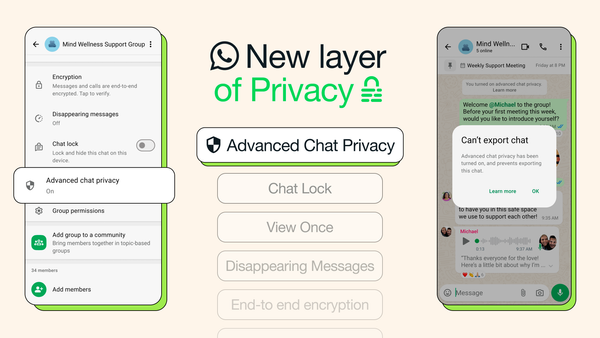Russia Moves to Ban VPNs in Escalation of Censorship Drive

As the conflict with Ukraine continues, Russia is intensifying its efforts to curtail dissenting voices or alternative sources of information that don't align with the Kremlin's narratives.
In the latest move, the government is targeting Virtual Private Networks (VPNs) - tools that have become increasingly popular among Russians seeking access to unfiltered information.
The Kremlin's Iron Grip on Information
Senator Artem Sheikin, as reported by RIA, said telecom regulator Roskomnadzor has been instructed to prohibit VPNs that grant access to content and sites blacklisted in Russia.
“Starting March 1, 2024, an order will come into force according to which VPN services that provide access to sites banned in Russia will be blocked by Roskomnadzor in all markets,” according to the senator.
This move comes on the heels of previous bans of major social media platforms like Facebook, Instagram, and X (formerly known as Twitter). These platforms have been a significant source of news and varying opinions for many Russians, especially during the ongoing war in Ukraine.
While VPNs have been a lifeline for many seeking to access these platforms and other global news sources, this new directive aims to cut them off from this information. The decision, however, may prove more challenging to implement than anticipated.
China's Struggle: A Glimpse into Russia's Challenge
Russia isn't the first nation to attempt a VPN ban. China, with its well-known Great Firewall, has been trying to enforce VPN restrictions for years. Still, even with its extensive resources and prolonged efforts, the Chinese government has found it challenging to block VPNs entirely.
This stems from the inherent nature of modern VPNs, designed with advanced features to elude detection, ensuring users can securely bypass restrictions.
In August, Russia tightened the vise on VPN operators, as mobile users nationwide reported disruptions to their VPN services. However, the restrictions mainly targeted the OpenVPN and WireGuard protocols for mobile users, as landline users remained untouched.
While Russia's determination to control the narrative and restrict outside influences is evident, a blanket VPN ban will prove a complex endeavor. The coming months will reveal how effective these efforts are and what lengths the government is willing to go to control information.
VPNs: A Beacon of Hope for Privacy
VPNs are powerful tools that can ensure users’ online anonymity, letting them browse the internet unhampered and without the fear of being exposed to hackers, government agencies, ISPs and other entities. Key features include:
- Enhancing Privacy and Security: VPNs mask your IP address, making online behavior virtually untraceable. Furthermore, VPNs encrypt your data, protecting it from hackers and cybercriminals.
- Bypassing Geo-Restrictions: Access content from any country, bypassing regional restrictions on streaming services, games or websites.
- Avoiding Bandwidth Throttling: ISPs can slow down specific types of traffic, like streaming. VPNs can prevent ISPs from identifying and throttling your data.
- Online Anonymity: Browse the web without revealing your true identity, ideal for journalists, activists, and people living in restrictive regimes.
- Safer Online Transactions: VPNs add a layer of security for those who often engage in online banking or shopping.
tags
Author

Vlad's love for technology and writing created rich soil for his interest in cybersecurity to sprout into a full-on passion. Before becoming a Security Analyst, he covered tech and security topics.
View all postsRight now Top posts
How to Protect Your WhatsApp from Hackers and Scammers – 8 Key Settings and Best Practices
April 03, 2025
Outpacing Cyberthreats: Bitdefender Together with Scuderia Ferrari HP in 2025
March 12, 2025
Streamjacking Scams On YouTube Leverage CS2 Pro Player Championships to Defraud Gamers
February 20, 2025
How to Identify and Protect Yourself from Gaming Laptop Scams
February 11, 2025
FOLLOW US ON SOCIAL MEDIA
You might also like
Bookmarks








